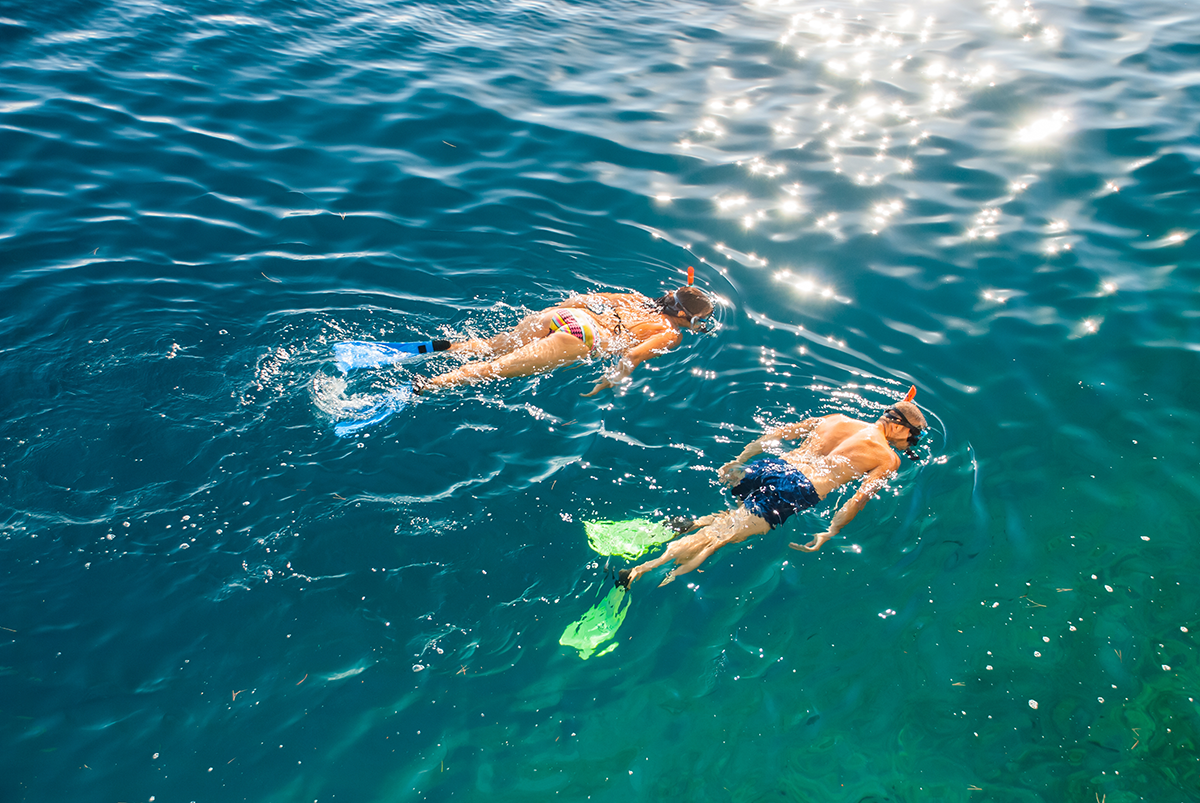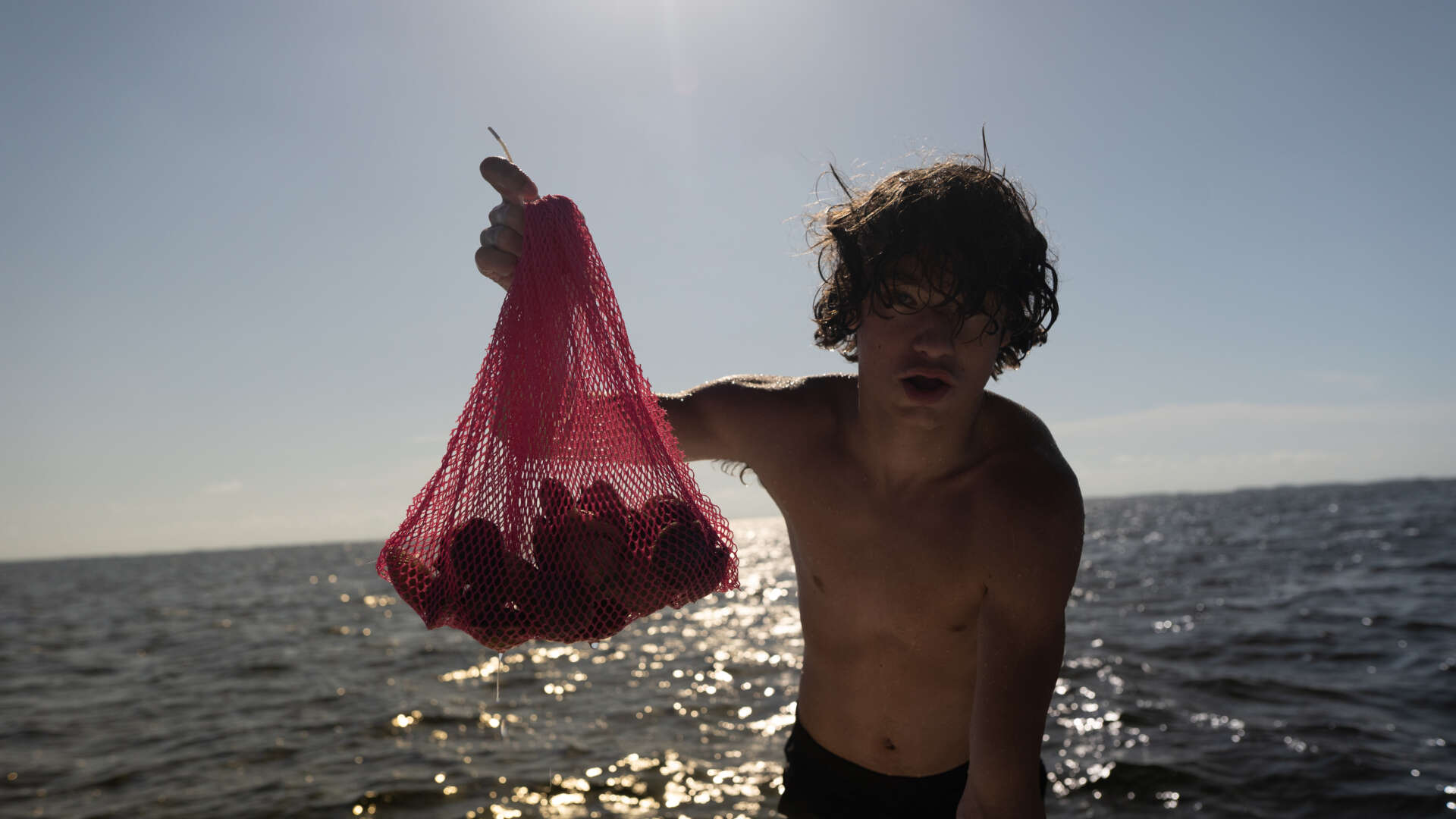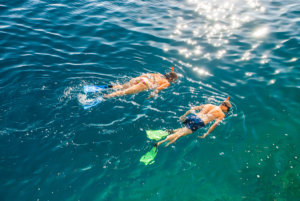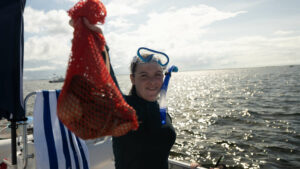Scalloping – hunting for scallops in shallow coastal waters – is a popular summertime activity in Florida. The warm Gulf waters of the Sunshine State provide abundant habitat for bay scallops, making Florida a prime location for scalloping enthusiasts. Scalloping is an enjoyable and rewarding activity whether you’re a novice or have some experience. However, before you embark on your scalloping adventure, consider a few essential tips. Let’s guide you through your first scalloping experience in Florida and introduce you to an incredible charter service that can turn your scalloping dreams into reality.
Understanding Scallops and Their Habitat
Bay scallops (Argopecten irradians) are small saltwater clams that inhabit seagrass beds in shallow coastal waters. They are unique in their ability to swim by clapping their shells together and are known for their distinctive blue “eyes” – sophisticated light sensors.
In Florida, bay scallops are mainly found in the Big Bend region, which includes waters around Crystal River, Steinhatchee, and Homosassa. The seagrass beds in these areas provide a safe breeding and feeding ground for scallops.

Season and Locations
The Florida Fish and Wildlife Conservation Commission (FWC) sets the scallop season each year, typically starting in July and ending in September. Always remember to check the FWC website for the most up-to-date information.
The most abundant populations of scallops in Florida are in the northwest part of the state. Critical areas for scalloping include Crystal River, Steinhatchee, St. Joseph Bay, Homosassa, and Keaton Beach.
Licenses and Bag Limits
Before heading out, ensure you have a Florida saltwater fishing license. Non-residents will need a non-resident saltwater fishing license. Licenses can be easily obtained online, over the phone, or at a license agent or tax collector’s office.
As for bag limits, the FWC states that each person can collect up to 2 gallons of whole bay scallops in the shell or 1 pint of bay scallop meat daily. The maximum limit per vessel is 10 gallons of whole bay scallops or half a gallon of scallop meat. Always check with FWC for the most recent regulations.
Equipment Needed
You don’t need a lot of specialized equipment for scalloping. Here’s what you’ll need:
-Mask and Snorkel: Essential for spotting and picking up scallops.
-Fins: Helpful for maneuvering in the water.
-Mesh Bag: For collecting and storing your scallops.
-Dive Flag: Florida law requires vessels to display a dive flag when divers are in the water.
Safety First
Always prioritize safety when scalloping. Stay close to your boat or canoe, wear a life vest if you’re not a strong swimmer, and make sure your dive flag is visible to other vessels.

Experience Scalloping with Scallop N FL
For beginners, charter services offer an ideal introduction to scalloping. Among them, Scallop N FL, led by local Capt. Jason Dozier has stood out for its expertise and customer satisfaction since 2008. Their exclusive private trips guarantee an authentic Floridian scalloping adventure, with scenic boat rides and the potential to swim with manatees and dolphins.
Whether you want a fun family day out on the water or a unique exercise experience, Scallop N FL can turn your scalloping dreams into reality. Book your unforgettable journey today with Scallop N FL, and dive into the joy of hunting for the Gulf Coast’s most coveted treasure.


